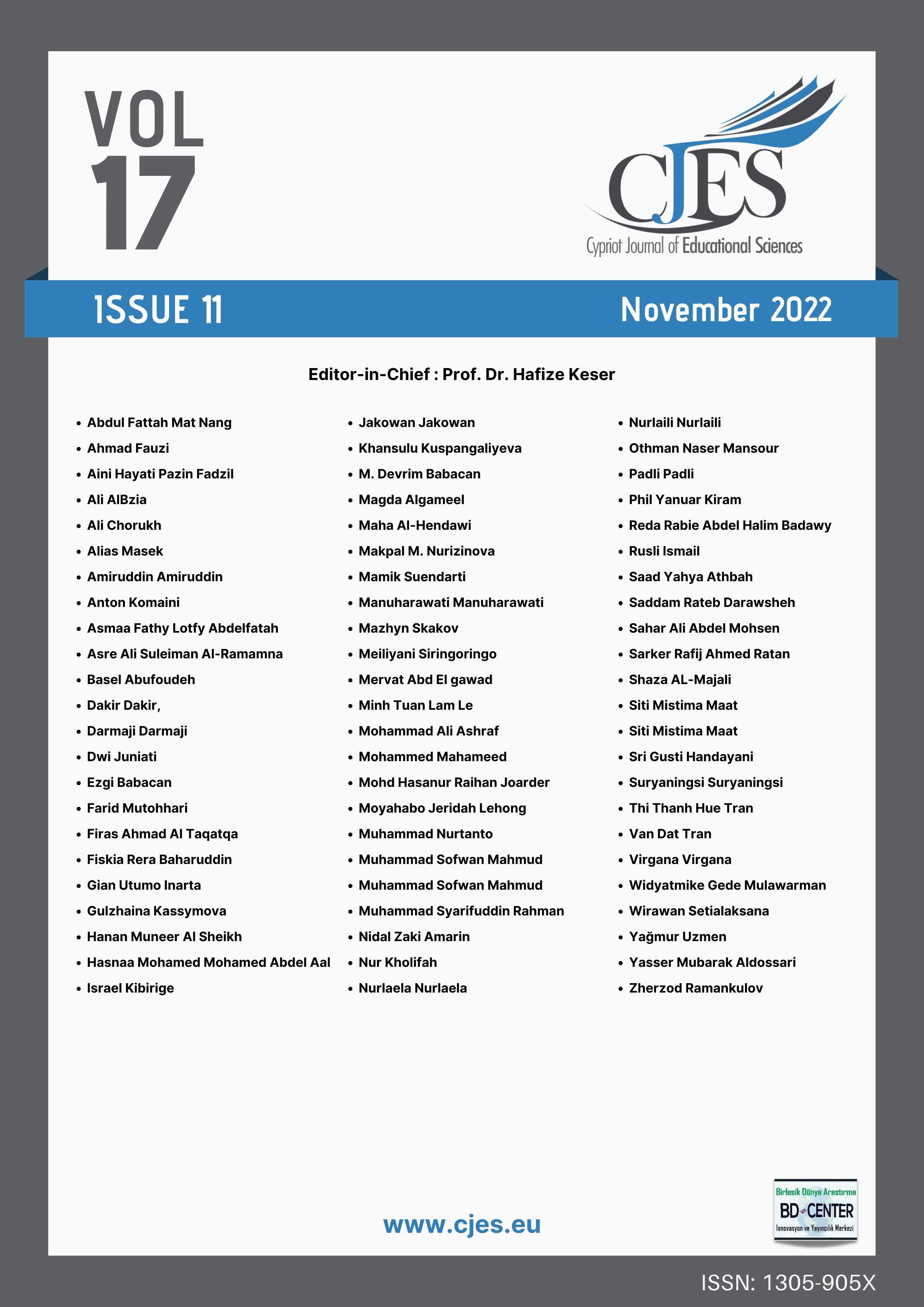Effectiveness of a programme in promoting positive behaviours and reducing negative emotions among undergraduate students
Main Article Content
Abstract
Many studies have reported high rates of mental health problems among undergraduate students aged 18–24 years all over the world. The current study aimed at determining the level of negative emotions among students and evaluating the effect of a positive reinforcement programme on reducing negative emotions among undergraduate female students. The results demonstrated that the most prevalent negative emotions that had the highest scores among students were anxiety and stress (mean = 42.53), excessive nervousness (mean = 42.93) and anger (mean = 38.06), with a total mean score of 123.53. There were also statistically significant differences between the scores of the experimental group members, in favour of the post-measurement. The study concluded that anxiety and stress, excessive nervousness and anger were the most negative emotions among the study sample, and the applied programme proved its efficacy in reducing negative emotions among students.
Keywords: Positive behaviours, negative emotions, undergraduate students, psychological effects, promoting behaviours.
Downloads
Article Details

This work is licensed under a Creative Commons Attribution 4.0 International License.
Cypriot Journal of Educational Sciences is an Open Access Journal. The copyright holder is the author/s. Licensee Birlesik Dunya Yenilik Arastirma ve Yayincilik Merkezi, North Nicosia, Cyprus. All articles can be downloaded free of charge. Articles published in the Journal are Open-Access articles distributed under a CC-BY license [Attribution 4.0 International (CC BY 4.0)].
Birlesik Dunya Yenilik Arastirma ve Yayincilik Merkezi (BD-Center)is a gold open-access publisher. At the point of publication, all articles from our portfolio of journals are immediately and permanently accessible online free of charge. BD-Center articles are published under the CC-BY license [Attribution 4.0 International (CC BY 4.0)], which permits unrestricted use, distribution, and reproduction in any medium, provided the original authors and the source are credited.

